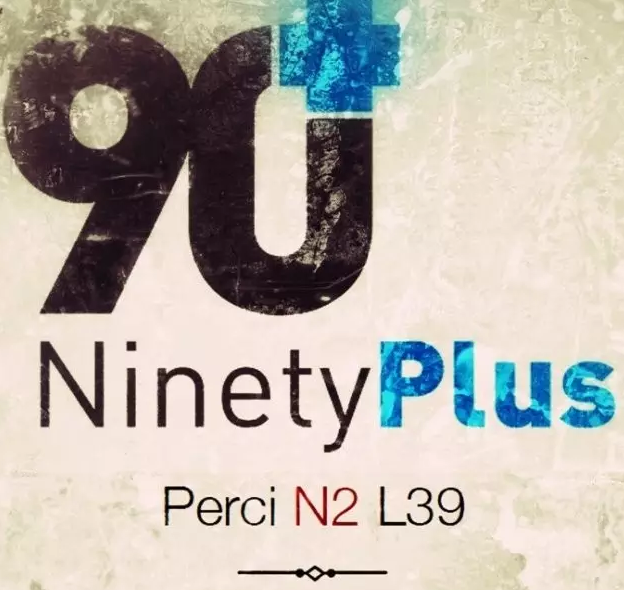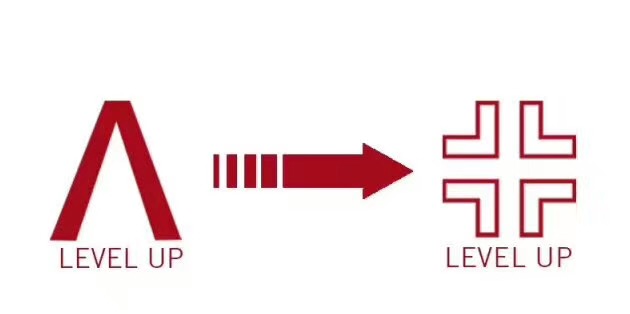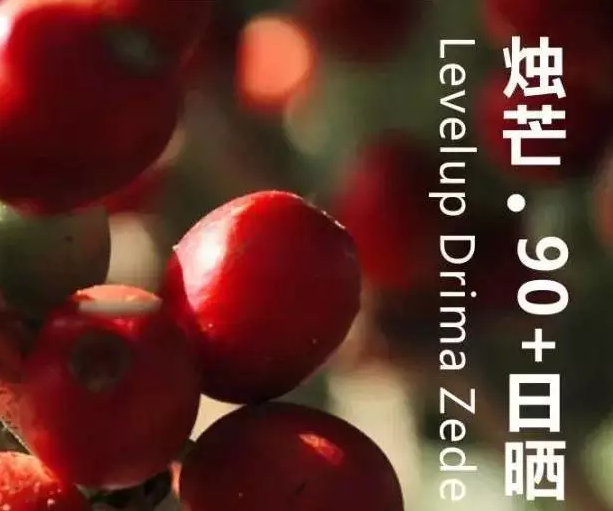LEVEL UP will no longer operate as a sub-brand of 90 +, but as a product of 90 +
Various forms of coffee cultivation can be found in Ethiopia: everything from wild coffee forests and semi-developed land to traditionally operated plots to modern plantations. About 50% of the coffee is grown more than 1500 meters above sea level.
According to the above four different modes of production, Ethiopian coffee can be divided into nine major coffee producing areas, including five boutique coffee areas: Sidamo, Yegashefi, Harald, Lim and Lekampu. and four general commercial bean producing areas: Gemma, Irugbo, Tibby and Bekaa. The sun or water washing methods are used in each district, and different treatment methods also affect the flavor. At present, the sun method accounts for about 80%, and water washing accounts for about 20%.

Ninety Plus Coffee, a boutique coffee supplier from the United States, was founded in 2006. In the ten years since its establishment, 90 + has made the coffee industry all over the world realize its unique charm and led the unprecedented boutique coffee craze in the world. Since the first coffee in 2007, it has been the precious first choice for coffee industry experts and competitors. Today's 90 + is synonymous with the world's top boutique coffee, taste and quality far better than any other expensive coffee.
90 + beans and the general habit of boutique beans in a completely different way of naming, there will not be the name of the producing area and manor, each bean is named according to flavor. Candles, for example, mean "best approach" in the local dialect. Starting with a concept of flavor, then naming it, and then starting the choice of producing areas and cooperative farms, it can be seen that 90 is a brand with boutique management style.
"90 +" does not refer to all coffee with a score of more than 90. Good coffee, one year, one year. Sometimes haunt different manors, but also have different taste characteristics. "90 +" refers to a top range of coffee with 13 flavors. These coffees only come from Ninety Plus Coffee, the creator of American boutique coffee. They are all old varieties of Ethiopian heirloom (Heirloom). After being cultivated in the ecological environment, they are processed according to the standard of works of art to optimize their taste. The processing process is the specialty of 90 +, will separate these coffee according to variety, microclimate, fresh time one by one, taste one by one, specially design the processing method for each taste, achieve a kind of taste characteristic, just like the big brand design, study attentively, spend painstaking efforts to complete a handicraft that is close to art. Natural products go through a lot of refinement and improvement, and finally reach the most beautiful posture to present the content to everyone.
LEVEL UP will no longer operate as a sub-brand of 90 +, but as a product line of 90 +, abolishing the original independent design. In the new production season, the original L grading system may be abolished (the original L7\ L12\ L39\ L139), while the division of products and product lines will be divided by a more significant taste. The product line is divided into four series: NinetyPlus Ethiopia, NinetyPlus Panama, Ninety Levelup, NinetyPlus Limited

With the support of 90 + technology, Drima Zede only selects the most mature coffee cherries by hand, and the sun drying process takes pains to keep stirring to ensure uniformity. The end result is a very transparent and pure taste, hot and cold varies greatly, and the aromas of fruit, flowers and oak are very charming.
Also known as Ethiopian sun-dried beans, candlelight, after strict regulation and selection, avoids the annoying soil odor and high rate of bad beans in common sun-dried beans, while highlighting the glamorous sweetness of the sun treatment. Candlelight charming fruit tone inherits the charming aroma given by the traditional Egyptian sun, unreservedly expressing round, full, long aftertaste sweetness and just the right fruit acidity. The daily brewing of candles is also quite easy to use, the bean itself is rich in flavor, whether it is fresh dripping or strong siphon cooking, can well show its own flavor.
90 + series candle flavor: nectarine, tropical fruit, clean and bright taste, the first entrance is very amazing
Ninety + candles
The origin of the name: Drima Zede (candle) means "Best Approach" in the local dialect. According to the information provided by the original factory, this Yega Xuefei is a series of tailor-made products developed based on 90 + years of experience. With the support of 90 + technology, Drima Zede only selects the most mature coffee cherries by hand, and the sun drying process takes pains to keep stirring to ensure uniformity. The end result is a very transparent and pure taste, hot and cold varies greatly, and the aromas of fruit, flowers and oak are very attractive.
Why are Ethiopian coffee beans always big and small?
If you are very fond of African beans, it should be easy to find that Ethiopian beans are generally of different sizes and have significantly lower evenness than those in Kenya. Whether it is Yega Xuefei or Sidamo, whether it is washing or sunlight, sometimes the same batch of coffee beans can be seen to be significantly different in baking color and particle size.

Origin: 90 + Ethiopia, Sidama (Hidamo) producing area
Altitude: 1750m-2000m
Treatment method: insolation

Important Notice :
前街咖啡 FrontStreet Coffee has moved to new addredd:
FrontStreet Coffee Address: 315,Donghua East Road,GuangZhou
Tel:020 38364473
- Prev

90 + Candlestick boutique Coffee beans Candle Mang introduction is Sidamo or Yega Chuefei?
Various forms of coffee cultivation can be found in Ethiopia: everything from wild coffee forests and semi-developed land to traditionally operated plots to modern plantations. About 50% of the coffee is grown more than 1500 meters above sea level. According to the above four different production methods, Ethiopian coffee can be divided into nine major coffee producing areas, including five boutique products.
- Next

The flavor of 90 + series candles, how to cook candles? Practical guide for brewing coffee with hand brewing parameters
Various forms of coffee cultivation can be found in Ethiopia: everything from wild coffee forests and semi-developed land to traditionally operated plots to modern plantations. About 50% of the coffee is grown more than 1500 meters above sea level. According to the above four different production methods, Ethiopian coffee can be divided into nine major coffee producing areas, including five boutique products.
Related
- Detailed explanation of Jadeite planting Land in Panamanian Jadeite Manor introduction to the grading system of Jadeite competitive bidding, Red bid, Green bid and Rose Summer
- Story of Coffee planting in Brenka region of Costa Rica Stonehenge Manor anaerobic heavy honey treatment of flavor mouth
- What's on the barrel of Blue Mountain Coffee beans?
- Can American coffee also pull flowers? How to use hot American style to pull out a good-looking pattern?
- Can you make a cold extract with coffee beans? What is the right proportion for cold-extracted coffee formula?
- Indonesian PWN Gold Mandrine Coffee Origin Features Flavor How to Chong? Mandolin coffee is American.
- A brief introduction to the flavor characteristics of Brazilian yellow bourbon coffee beans
- What is the effect of different water quality on the flavor of cold-extracted coffee? What kind of water is best for brewing coffee?
- Why do you think of Rose Summer whenever you mention Panamanian coffee?
- Introduction to the characteristics of authentic blue mountain coffee bean producing areas? What is the CIB Coffee Authority in Jamaica?

